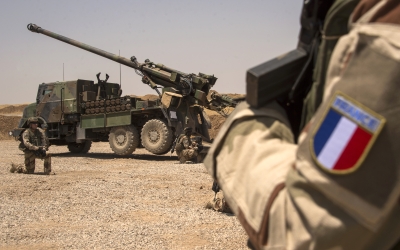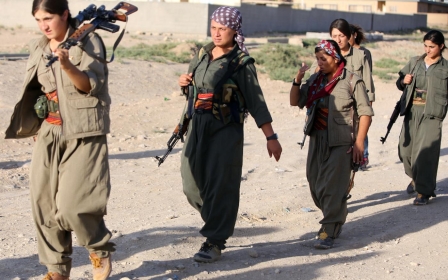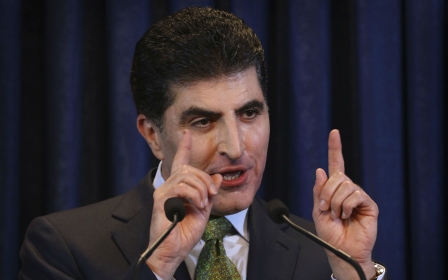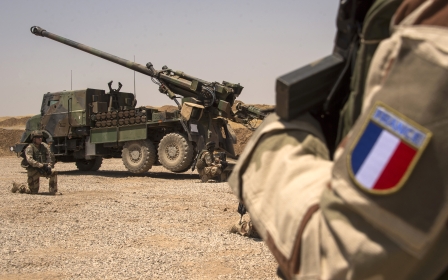Seventh French citizen sentenced to death in Iraq over Islamic State membership
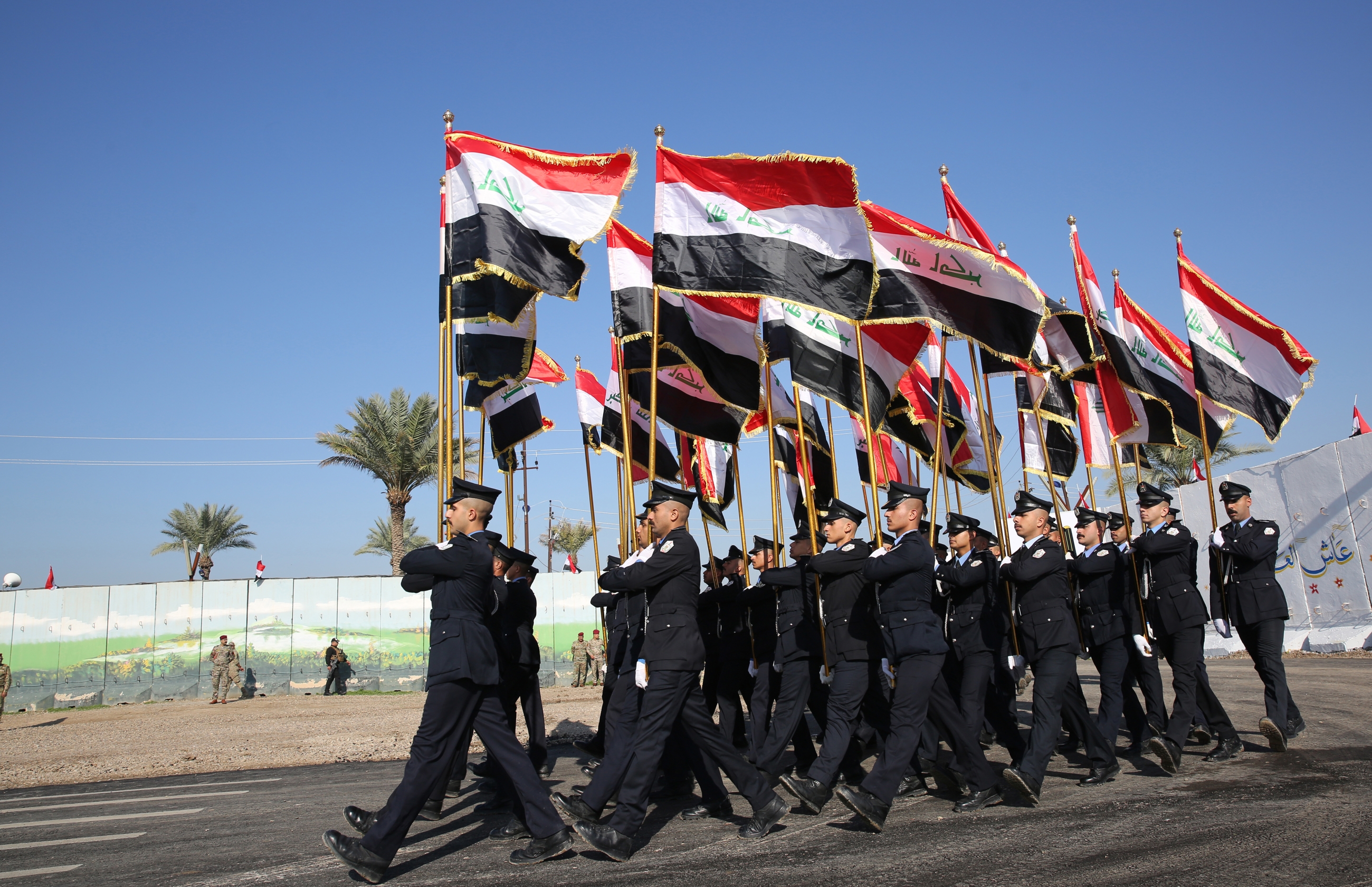
A seventh French Islamic State group (IS) member has been sentenced to death by an Iraqi court, even as France pushed for a number of other condemned citizens to avoid execution.
Yassin Sakkam was among 12 French citizens transferred to Iraqi authorities in January by the US-backed Syrian Democratic Forces (SDF) militia.
Sakkam said he regretted his membership of IS, although he did not deny having been a supporter.
"I admit to having sworn allegiance" to IS, he told the court, adding that he was paid $70 a month by the group.
The now 29-year-old originally left France in late 2014 to join IS and was detained by Kurdish forces in Syria in 2017.
His death sentence followed another six that were handed down to French citizens over the last week. The remaining five French suspects held are set to face trial in the coming days.
On Tuesday, the French foreign minister said hundreds of French people were still being held in northern Syria.
"In the northeastern zone of Syria, we think that there are between 400 and 450 French people, some in camps, others held as prisoners, including children," Jean-Yves Le Drian told parliament's foreign affairs committee.
France has said it opposed the use of the death penalty, which Iraq provides for those convicted of joining a "terrorist group", even if they did not take part in fighting.
Le Drian said that he was stepping up efforts to prevent the executions, despite France's insistence that foreign IS suspects held in Iraq face trial in the country according to Iraqi law.
The debate over whether foreign IS fighters that ended up in Iraq should be extradited to their countries of origin has been raging internationally.
Iraq currently has hundreds of foreign IS fighters in its custody, many of whom were captured in Syria by the SDF.
Reuters reported on Wednesday that US forces had sent at least 30 suspected foreign Islamic State fighters captured in Syria last year and in late 2017 to Iraq to stand trial.
So far three of the men have been convicted as IS members and sentenced to death, while another were five given life sentences.
Four of them told Reuters they were tortured in prison, a claim Reuters was unable to verify.
A spokesperson for the Counter Terrorism Service (CTS) in Iraq told Reuters any claims that detainees were transferred to their custody from Syria in 2017 and 2018 were untrue, and denied they had been tortured.
“IS members know how to tell lies to mislead judges in order to evade prosecutions,” said Sabah al-Naaman.
Islamic State children
The sentencing news comes as Iraq on Wednesday announced the repatriation to Turkey of 188 IS children.
The move follows the repatriation to Tajikistan late last month of 84 children of nationals convicted by Iraqi courts of membership of IS and other militant groups, as well as dozens of children who were flown to Russia, France and Germany.
The status of children born to IS parents has been another simmering controversy.
According to Save The Children, there are more than 3,500 children from more than 30 countries being held in camps for the displaced.
On Wednesday, France's human rights defender - an independent state-backed ombudsman created in 2011 - warned that his government needed to do more to prevent the "inhumane" treatment of the children of militants being held in Iraq.
"The French state needs to adopt effective measures allowing the halt to the inhumane and degrading treatment of children and their mothers and put an end to the violations of the rights of the child," Jacques Toubon said.
France has said it would allow the return of children born to IS parents on a case-by-case basis. Since March, it has repatriated five orphans and a three-year-old girl whose mother was sentenced to life in prison in Iraq.
Middle East Eye delivers independent and unrivalled coverage and analysis of the Middle East, North Africa and beyond. To learn more about republishing this content and the associated fees, please fill out this form. More about MEE can be found here.


